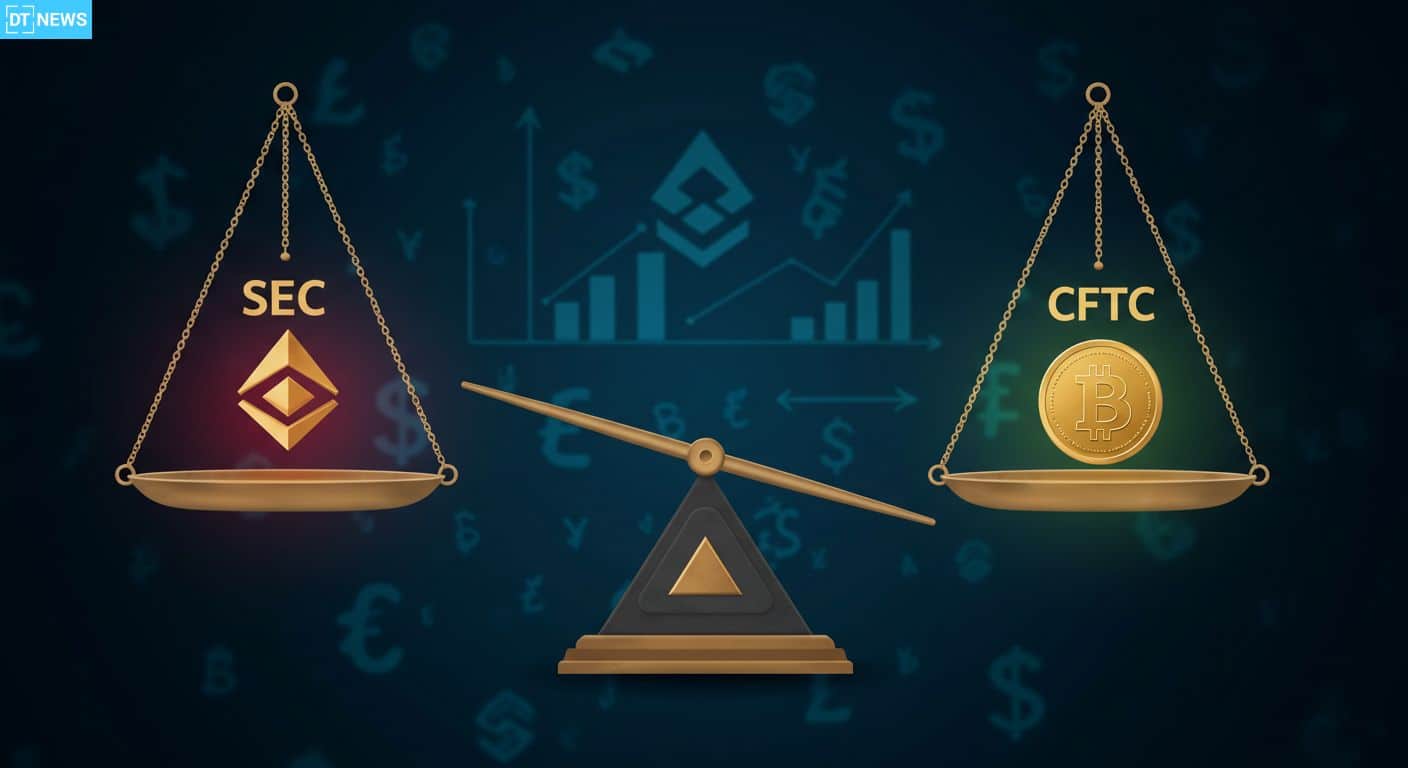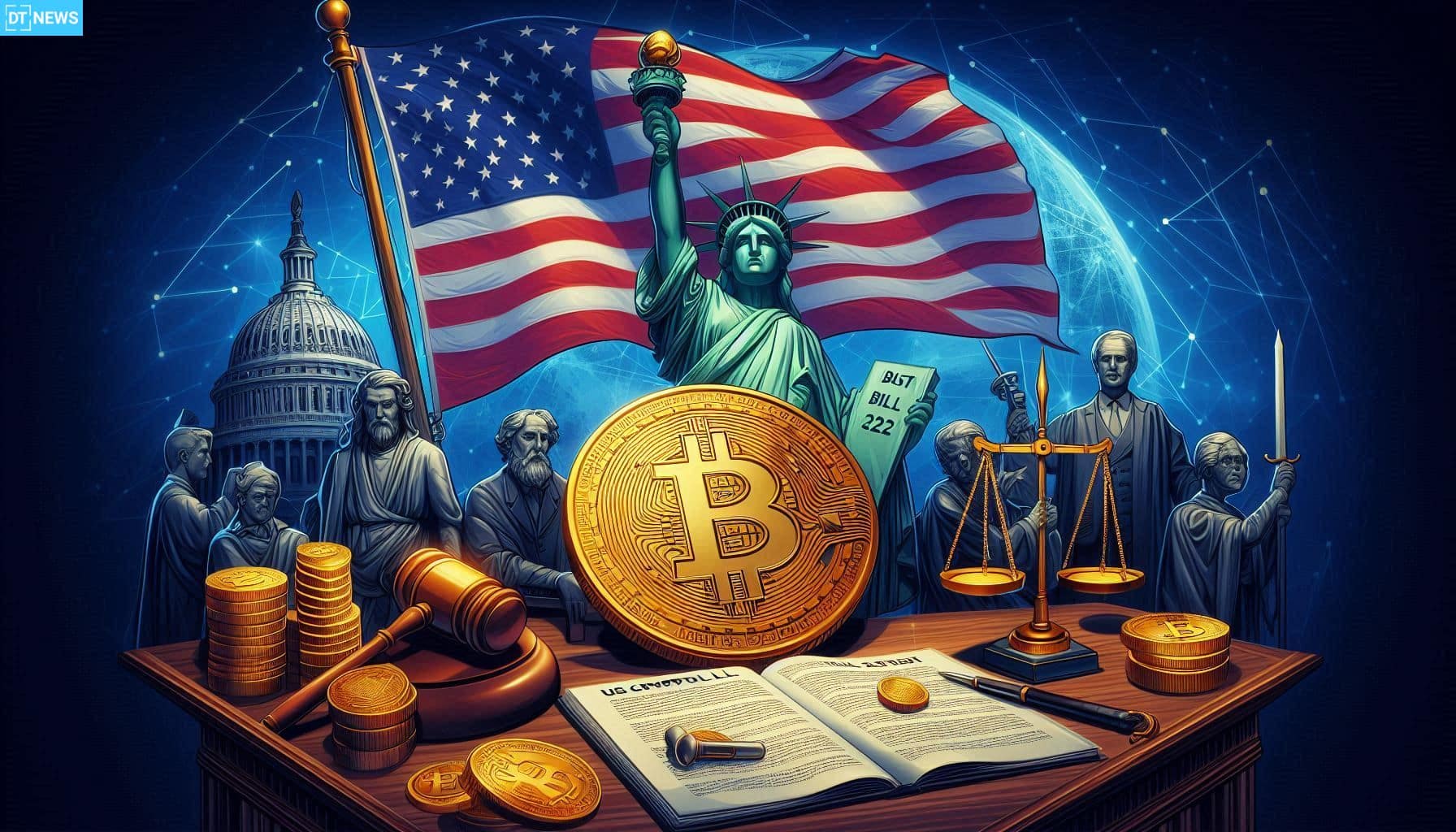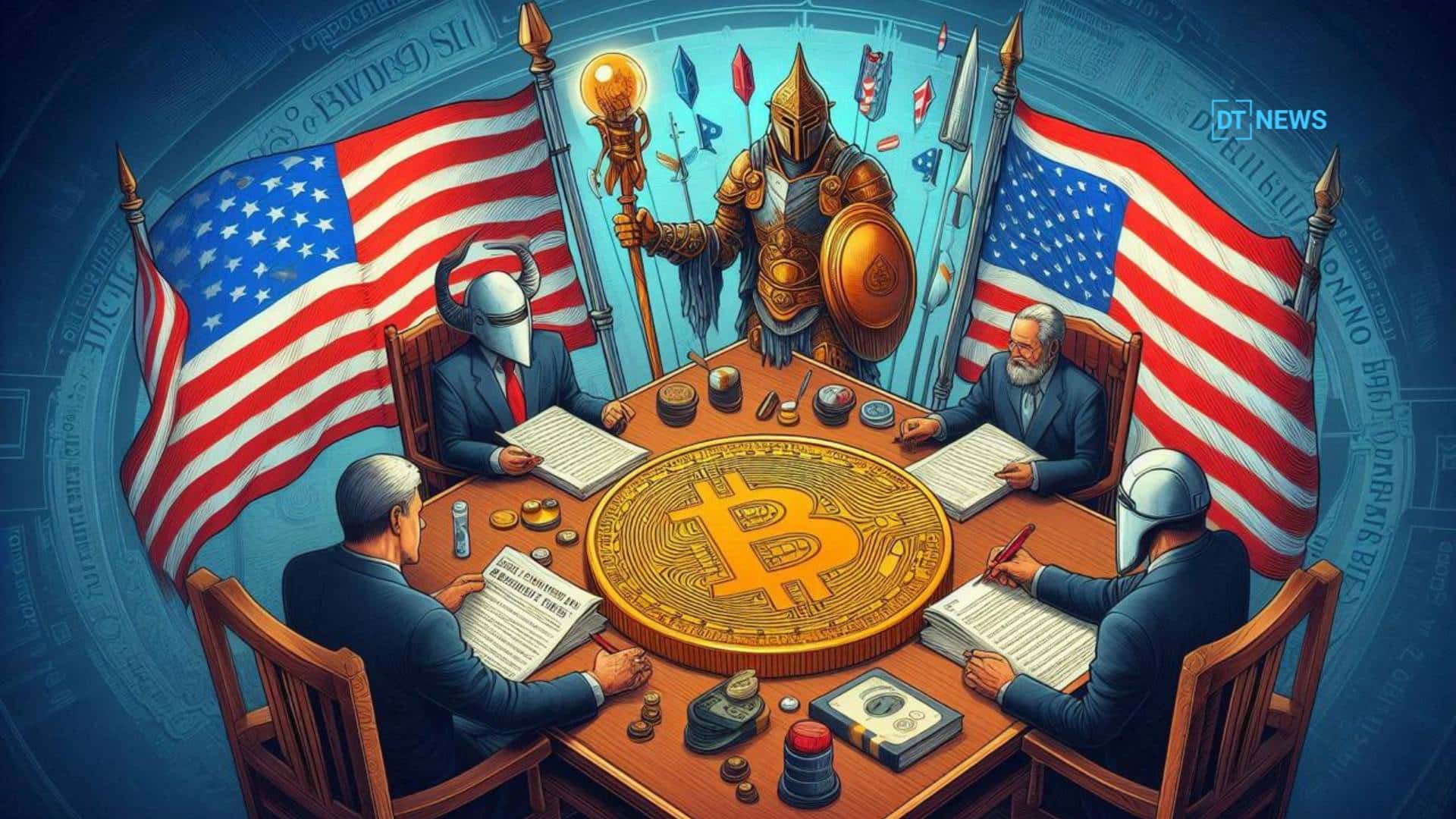According to latest reports, a newly revised draft for Crypto Bill 2025 tagged the Responsible Financial Innovation Act of 2025 has been introduced by US Senators including Senator Cynthia Lummis.
The bill spells out SEC and CFTC oversight, safe harbors for decentralized participants and transparency through an industry-first advisory body. It outlines roles for the SEC and CFTC, and addresses the concerns of developers, exchanges and everyday crypto users.
Defining SEC and CFTC Jurisdictions with a Joint Advisory Committee
At its core, the newly revised crypto bill 2025 draws a clear line between the SEC and CFTC. By requiring a Joint Advisory Committee on Digital Assets with representation from both regulators; it forces public responses to findings and prevents overlapping enforcement and legal uncertainty. A public roundtable on September 29 will further promote coordinated oversight.
“As regulators, alignment reduces friction and supports innovation,” said SEC Chair Paul S. Atkins alongside CFTC Acting Chair Caroline Pham.
Also read: New Crypto Bill Proposed: More Than Just Bitcoin in Focus!

Safe Harbors for DeFi Builders and Wallet Architects
Responding to industry concerns and legal controversies like Tornado Cash; the bill protects individuals contributing to genuinely decentralized protocols. Developers, validators, wallet creators and infrastructure providers are exempt from financial regulation as long as no central entity controls the protocol.
A coalition of 112 crypto entities, including Coinbase, Uniswap Labs, a16z, Kraken, and Ripple, has backed the bill. They argue that without such protections, regulatory ambiguity will stifle innovation and drive developers abroad. Their collective call is why this bill matters for US blockchain leadership.
Exemptions for Airdrops, Staking Rewards, and DePIN Tokens
The most important part of the revised draft of the crypto bill 2025 is the elevation of core decentralization activities. Airdrops, staking rewards and DePIN token distributions when decentralized are officially considered “gratuitous distributions” and exempt from securities laws.
DePIN tokens which support physical networks like decentralized telecom or storage systems now get safe harbor protections as long as no one entity controls over 20% of the supply. This allows growth in Web3’s hybrid sector without fear of being misclassified as a security.
Tokenized Real-World Assets Clarified
The bill also addresses Real-World Asset (RWA) tokenization. It says that turning physical assets into digital tokens doesn’t make them securities. The bill tasks regulators to study RWA frameworks for verification, custody, auditing and enforcement so institutional investors can get into tokenized finance.
Also read: Crypto Meets Mortgages: Senator Lummis Pushes Bill to Count Bitcoin as Loan Collateral

Conclusion
Based on the latest research, the revised draft of the crypto bill 2025 stands out by putting innovation in legal clarity. It frames cooperation between the SEC and CFTC, protects developers and decentralized systems, and gives regulatory confidence in staking, airdrops and DePIN tokens.
As the Senate reconciles with the House’s Clarity Act and eyes presidential approval before year’s end, the state seems to be building a framework that supports it.
For in-depth analysis and the latest trends in the crypto space, our platform offers expert content regularly.
Summary
The revised crypto bill 2025 draft which is the Responsible Financial Innovation Act, proposes clear boundaries between the SEC and CFTC, including a Joint Advisory Committee with public responses. It carves out safe harbors for DeFi developers, validators, wallet builders, staking, airdrops and DePIN tokens when decentralized to reduce legal friction.
Glossary
Joint Advisory Committee – A crypto-specific committee formed by the SEC and CFTC to issue findings that regulators must respond to publicly.
Safe Harbor – Legal protection for decentralized participants from unintended regulatory exposure.
Airdrops/Staking Rewards – Common crypto distributions.
DePIN – Decentralized Physical Infrastructure Networks using token incentives to support real-world services like storage or connectivity.
Tokenized RWAs – Digital representations of real-world assets.
FAQs on Crypto Bill 2025
Why clear SEC/CFTC roles?
To prevent regulator overlap, reduce uncertainty and make enforcement more predictable for crypto participants.
How are DeFi developers protected?
They are exempt from financial regulations if the protocols they contribute to remain decentralized and non-custodial.
What is a “gratuitous distribution”?
Airdrops, staking outputs and DePIN token rewards qualify so these distributions aren’t treated as securities.
What does DePIN do?
It removes regulatory barriers for decentralized token projects to innovate in blockchain-built infrastructure.
Will tokenized RWAs be new legal hurdles?
No. Tokenization alone is not enough to make an asset a security, regulators will study standards for their issuance and use.



















































































































